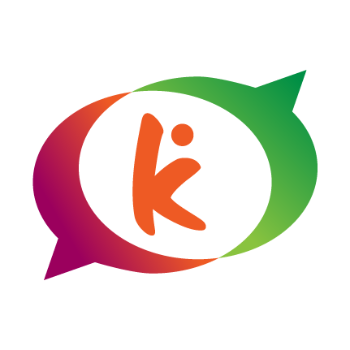Are you willing to share your answers to EHCP section D? If yes, please make sure you remove personal data, such as names.
A: SenseCheck

- 5 Yes
- 0 No
- 1 Other
- 17 Jan 2022
-
Yes
|
Other
PART D – SOCIAL CARE NEEDS
[None identified.]
- 19 May 2021
-
Yes
|
Other
Section D: My Social Care Needs
No identified needs in this area - 13 May 2021
-
Other
|
Other
Other ...:
[removed at request of parent]
- 07 May 2021
-
Yes
|
Other
Section D
[child] lives at home with his parents. [child] has a younger brother and an older sister
[child]’s social care needs are currently met and facilitated by his parents, but now he is approaching the age of 18, other means of meeting his needs need to be found to move him towards independent living and the attainment of the desired outcomes so he now has many social care needs
[child] needs active help with his personal care needs, time management, social activities and leisure events. To date these have been facilitated by his parents but he now he is nearly 18 he needs support to meet these needs and to be moved towards independent living
This includes support with his self care needs, including doing up his zips, personal hygiene including washing, showering, cutting his nails, choosing appropriate clothing, applying medication and taking pills, laundry, etc
[child] is socially vulnerable and does not understand potential dangers in the community.
[child] is unable to manage his own money or buy items independently in a shop knowing how much they cost, adding up the cost of several items, and knowing what change he should get
[child] is socially isolated and does not have any close friends in school and only one friend whom he sees regularly out of school and then only when arranged and facilitated by his parents. [child] is aware of this and unhappy about his lack of real friends. [child] is dependent on his parents to facilitate the development of meaningful friendships
[child] has virtually no independence when travelling. He cannot use public transport on his own, partly because of physical difficulties in dealing with lots of steps and walking and partly because of intellectual difficulties in knowing which tubes/buses to take, the routes at either end and what to do in the event of a diversion. At present he either has transport to school, is driven by his parents or taken places in a taxi.
He is not able to plan a journey and travel there independently.
[child] is eligible for short breaks provision.
[child] has been referred to CYLDS for eligibility of adult services - 30 Apr 2021
-
Yes
|
Other
SECTION D:
The Young Person's social care needs which are related to their SEN or to a disability
6. Social Wellbeing
[child] is supported by a Child in Need (CIN) plan is to ensure that relevant services are provided to promote [child]'s wellbeing and to develop his confidence, independence and be able to interact with young people of his age.
The CIN plan is designed to support [child]'s parents in their care of [child] through the provision of a summer carer funded by Direct Payments and creating a joined-up approach between school and home. It also enables them to spend quality time with their daughter, [child]'s younger sister.
7. Planning for Adulthood
[child] will need a carefully planned transition with school, therapy and residential staff working together to ensure consistent targets and strategies are worked on throughout the extended day.
The transition plan will focus on
• Developing skills for employment and opportunities to do supported work or volunteering
• Managing emotional regulation
• Maximising communication with familiar and non-familiar people
• Generalising skills across sessions
• Developing appropriate leisure and exercise activities
• Developing independence and daily living skills with a view to living as independently as possible in supported living
7.1 Education, Training and Employment
Strengths:
[child] is a motivated learner when engaged. He is mostly good-humoured, patient and tolerant. He is adaptable and flexible about changes to plan or routines.
SEN:
[child] has complex learning difficulties and some obsessive interests which affect all activities of daily living. He needs constant engagement, support and prompting.
7.2 Independence and life skills
Strengths:
[child] is attempting more to dress himself. He can feed himself.
SEN:
[child] needs prompting to eat slowly and in small quantities and relies on adult support to help manage his self-help skills and tasks for daily living. [child] needs help with washing, dressing, going to toilet, entertaining self, shopping, cooking, attending hospitals.
7.3 Independent Living
Strengths:
[child] is able to put his dirty dishes in the dishwasher and go the cupboard or drawer to get a bowl or spoon at breakfast time.
SEN:
[child] relies on support to manage almost all tasks for independent living.
7.4 Relationships Strengths:
[child] is sociable and loves the company of and interaction with others. He builds strong relationships with many adults at school, in the family and in the community. [child] will try to interact with his peers only if prompted.
SEN:
[child] is constantly seeking social interaction and attention and when he does not get attention, if his carer or interlocutor gets temporarily distracted, or if he is made to do activities he doesn't like he may grab at them. He finds it difficult to make friendships with peers because they do not understand his verbal and AAC communication, because of his self-centred interests and because of difficulties in communicating appropriately. - 25 Mar 2021
-
Yes
|
Simple
My child has no Social Care needs.







|
Comment